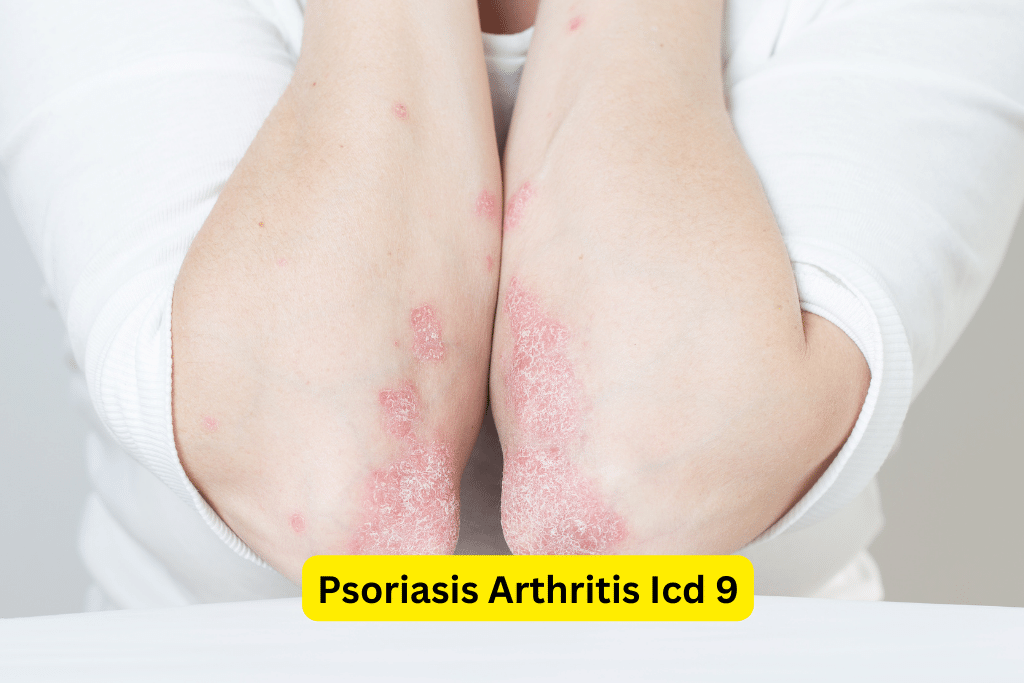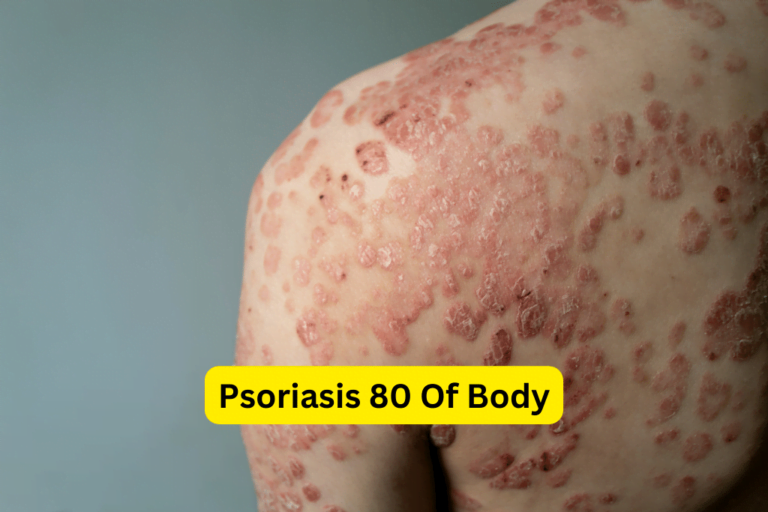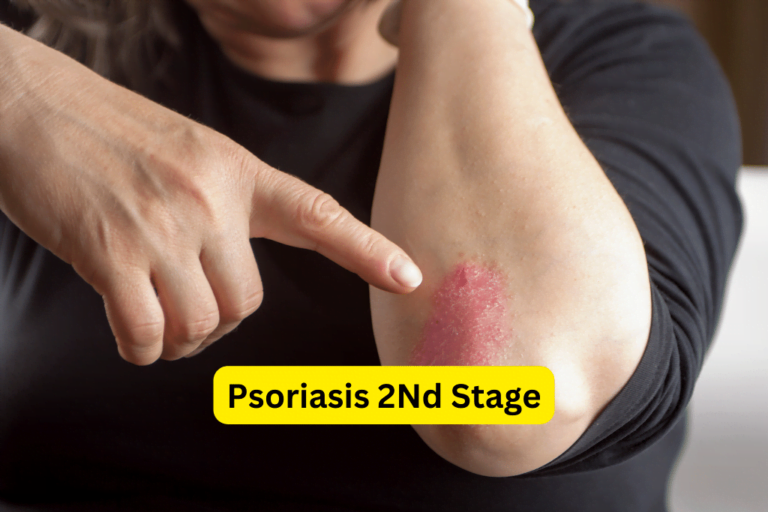Psoriatic Arthritis: Diagnosis, Management Guide
Psoriasis Arthritis Icd 9
Psoriatic Arthritis is a chronic autoimmune disease that affects approximately 30% of individuals with psoriasis. This condition is characterized by inflammation in the joints, leading to pain, stiffness, and swelling. The impact of Psoriatic Arthritis on patients can be significant, affecting their daily activities and quality of life. In order to diagnose and track this condition, healthcare professionals rely on the use of ICD-9 codes. These codes play a crucial role in defining and categorizing Psoriatic Arthritis within the healthcare system.
Understanding ICD-9 Codes
ICD-9 codes, also known as International Classification of Diseases, Ninth Revision codes, are a standardized medical coding system used globally to classify and categorize various diseases and conditions. These alphanumeric codes are vital for accurate medical documentation, billing, and statistical reporting. In the context of Psoriatic Arthritis, ICD-9 codes help healthcare professionals in diagnosing and tracking the condition. They provide a standardized language that ensures consistency and accuracy in healthcare records.
Causes of Psoriatic Arthritis
The exact cause of Psoriatic Arthritis is still unknown, but research suggests that it is a combination of genetic and environmental factors. Individuals with a family history of psoriasis or Psoriatic Arthritis are more likely to develop the condition. In addition, certain environmental triggers, such as infections, trauma, or stress, can activate the immune system and contribute to the development of Psoriatic Arthritis. The connection between psoriasis and arthritis is evident in the context of ICD-9 coding, as both conditions often coexist in affected individuals.
Understanding the Symptoms
Psoriatic Arthritis can present with a variety of symptoms, which can vary in severity from person to person. The most common symptoms include joint pain, stiffness, and swelling, which can affect any joint but are often seen in the fingers, toes, knees, or back. In addition, individuals with Psoriatic Arthritis may experience skin manifestations, such as red and scaly patches, known as psoriasis. The presence of specific ICD-9 codes helps healthcare professionals in identifying and diagnosing these symptoms accurately.
Diagnosis and ICD-9 Codes
Diagnosing Psoriatic Arthritis involves a comprehensive evaluation by a healthcare professional, including a medical history review, physical examination, and various diagnostic tests. ICD-9 codes play a crucial role in the diagnostic process, as they provide a standardized classification system for Psoriatic Arthritis. Relevant ICD-9 codes used for diagnosing Psoriatic Arthritis include codes for psoriasis, such as 696.1, and codes for arthritis, such as 714.0.
Treatment Options for Psoriatic Arthritis
Management of Psoriatic Arthritis aims to control inflammation, relieve pain, and preserve joint function. The treatment approach may vary depending on the severity of the condition and the individual’s specific needs. Treatment options for Psoriatic Arthritis include nonsteroidal anti-inflammatory drugs (NSAIDs), disease-modifying antirheumatic drugs (DMARDs), biologic therapies, physical therapy, and lifestyle modifications. ICD-9 codes are essential in determining the appropriate treatment plans and monitoring the effectiveness of interventions.
Living with Psoriatic Arthritis
Living with Psoriatic Arthritis can be challenging, but there are strategies that can help individuals manage the condition and improve their quality of life. It is important to follow a treatment plan prescribed by healthcare professionals and to engage in regular exercise to maintain joint health and flexibility. Additionally, managing stress, maintaining a healthy diet, and getting enough rest can also have a positive impact on the overall well-being of individuals with Psoriatic Arthritis. Ongoing monitoring and management of the condition, documented with the help of ICD-9 codes, are vital for long-term health and well-being.
Latest Research and Future Directions
Research on Psoriatic Arthritis is ongoing, and advancements are being made in understanding the underlying mechanisms and developing more targeted treatments. Emerging therapies, such as Janus kinase inhibitors, have shown promising results in clinical trials. Additionally, research is exploring the impact of lifestyle factors, such as diet and exercise, on disease progression. The future holds the potential for more personalized approaches to treatment and management, improving the outcomes for individuals with Psoriatic Arthritis.
Conclusion
In conclusion, Psoriatic Arthritis is a chronic autoimmune condition that can have a significant impact on the lives of affected individuals. Accurate and standardized diagnosis and management are crucial, and ICD-9 codes play a vital role in this process. By understanding the causes, symptoms, and treatment options for Psoriatic Arthritis, individuals and healthcare professionals can work together to effectively manage the condition and improve the quality of life for those affected.
"Have You Seen Mike Walden's new holistic acne System yet? It's called "Acne No More" I've read the whole thing (all 223 pages) and there's some great information in there about how to naturally and permanently eliminate your acne without drugs, creams or any kind of gimmicks. I highly recommend it - it's very honest and straightforward without all the hype and b.s. you see all over the net these days. Here's the website where you can get more information:
Click Here -->AcneNoMore









